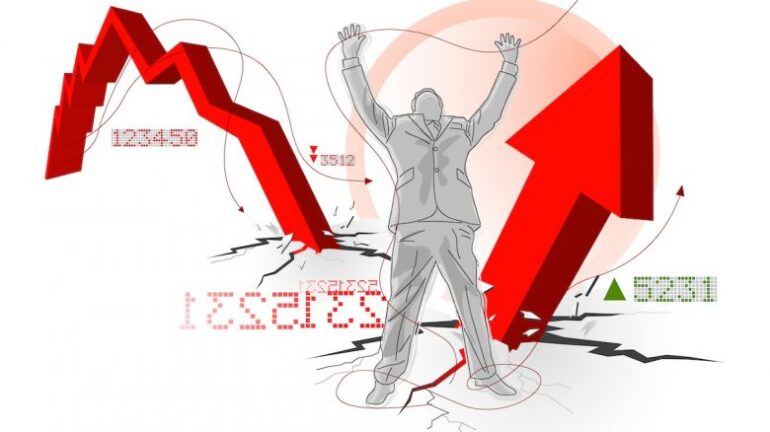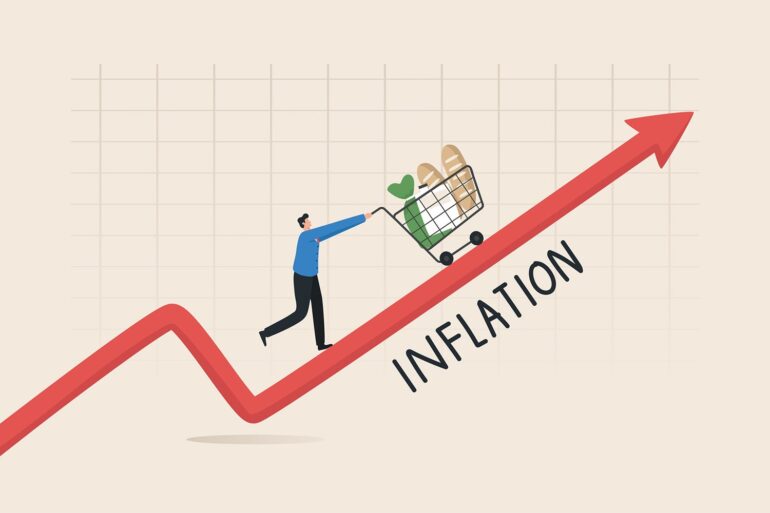The global economy is a complex system that includes the economies of individual countries globally. Because these economies are interlinked in numerous ways, they affect each other and their markets in different ways. A market typically affected by the global economy is the index market.
https://pixabay.com/photos/earth-internet-globalization-2254769/
Understanding Index Markets
Index markets comprise indices that include numerous stocks from different companies. Financial companies and stock markets put together these indices depending on the size and types of companies, company performance, sectors, and industries.
Investors who want to trade indices or invest in them, therefore, have many options to choose from. When doing so, they need to consider their investment goals and objectives, how these indices will diversify their portfolio, and what would be best for them and their portfolios before getting started.
Factors that Influence Index Market Performance
The factors that affect stocks, their performance, and prices also affect index markets. These include different factors that we will explore below.
The Impact the Global Economy Has on Index Markets

A critical economic factor and indicator that affects index markets is GDP (Growth Domestic Product). The GDP is often used to measure how healthy an economy is. An increase in GDP indicates that companies and sectors are performing well in the global economy and individual countries.
Such performance leads to investor confidence and higher demand for investment opportunities. Both lead to an increase in the value and price of indices due to an increase in the prices and values of the underlying assets.
Additionally, GDP growth can lead to companies being more willing to reinvest their profits. Doing so leads to higher future earnings, which can impact the prices of stocks and the indices that track these stocks.
A growing GDP also goes hand in hand with increased purchasing power. Increased purchasing power means people and investors have more money to devote to investments, leading to the growth of investments in different sectors, including in the indices market.
Unemployment Rates Caused by Economic Downturns Affect Investments

Unemployment is another important factor to consider when examining how the global economy affects the index markets. A high unemployment rate leads to a loss of financial security for the unemployed. Examinations in the past have also shown that they affect the employed.
In an economy with a high unemployment rate, the employed also fear for their financial futures because of potential layoffs often caused by downsizing. Fear on both sides of the economic stability spectrum leads to fewer investments in different markets, including index markets, as many people look for safer ways to save or grow their money.
Inflation

Stable economies have their inflation under control. High inflation levels affect individual countries and the global economy in numerous ways, but we will examine how they affect the index markets here.
High levels of inflation can lead to higher interest rates. The reasoning is that lenders know that the money they lend today will have lower purchasing power in the future if there is high inflation. They have to compensate for this lower purchasing power by increasing interest rates, which can make it more expensive for companies to borrow money.
The difficulty or inability of companies to borrow the money they need can lead to lower profits and stock prices, which can lead to a decrease in index markets.
Additionally, changes in commodity prices caused by inflation can impact index markets. When commodity prices rise, companies that rely on these commodities as inputs for their manufacturing and production processes may see their costs increase leading to lower profits and lower stock prices.
Changes in Investment Preferences
In the past, we have seen people move between securities and commodities during an economic downturn. People tend to invest in stocks and indexes if the global economy is doing well. However, they tend to go with commodities such as precious metals when the economy takes a downturn.
Many people see these “alternative” investment options as more stable and safer, so their demand and value increase during a downturn.
A downturn also leads to a cash crunch, so many people sell their shares and other securities to stay liquid during such periods. A market flooded with stocks and indexes means their prices will go down.
Central Banks Influence Index Markets

Central banks can impact index markets. They can influence index markets through monetary policy decisions, such as changes in interest rates.
They can also impact index markets through their quantitative easing programs. These involve the purchase of government bonds by central banks to put money back into the economy and stimulate economic growth. Doing so can lead to higher stock prices and an increase in index markets.
There are many factors that affect index markets, one of the most important being the global economy. Any changes that cause a shift in company profitability, revenues, and share prices also have an impact on global index markets.
